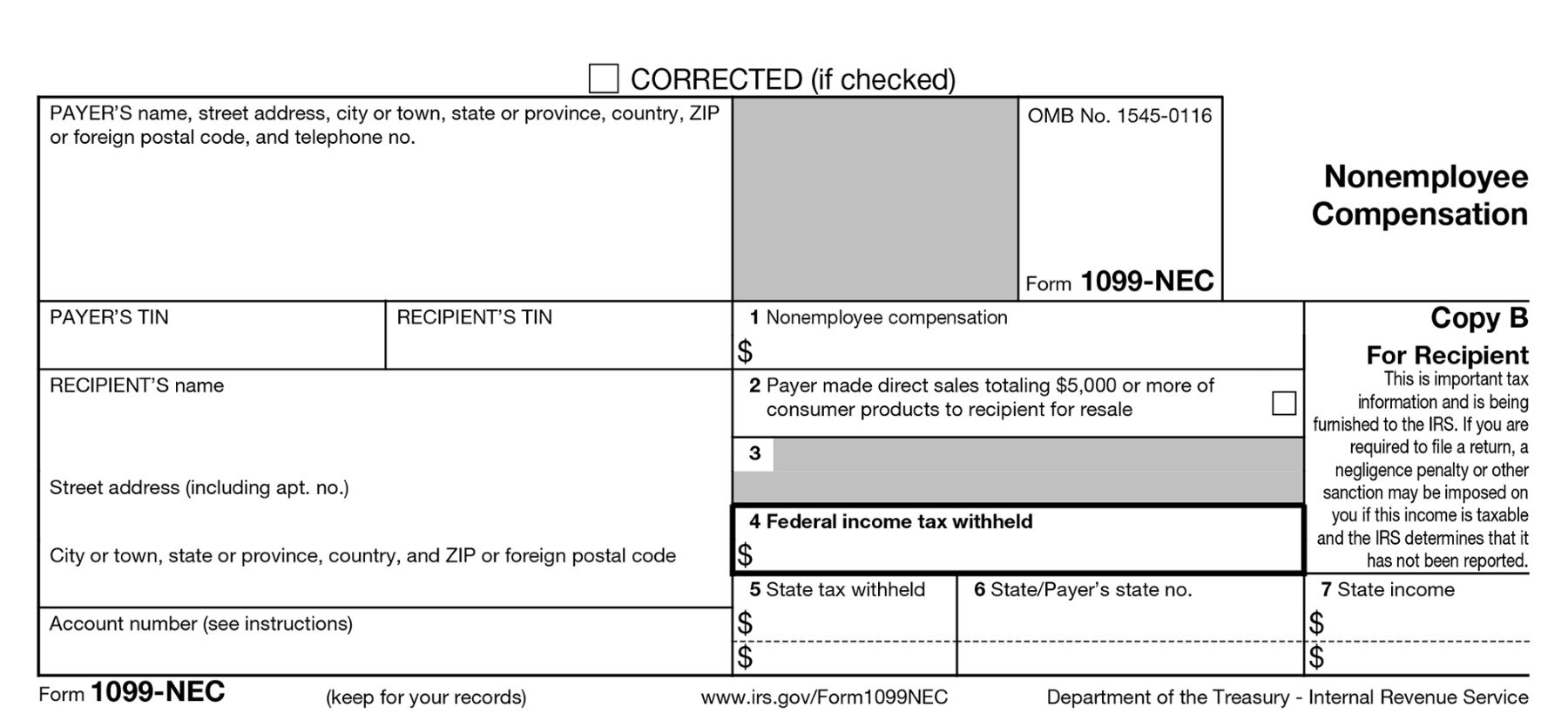

Finance
Correction Definition
Published: November 3, 2023
Learn the definition of finance and its importance in managing your money. Explore different aspects of finance, including budgeting, investing, and financial planning.
(Many of the links in this article redirect to a specific reviewed product. Your purchase of these products through affiliate links helps to generate commission for LiveWell, at no extra cost. Learn more)
Understanding the Definition and Importance of Corrections in Finance
Welcome to our finance blog! Today, we are diving into an important concept called corrections. Whether you are a seasoned investor or a curious individual wanting to explore the world of finance, understanding the definition and importance of corrections is crucial. In this blog post, we will break down what exactly a correction is, why it matters, and how it can impact your investment strategies.
Key Takeaways:
- A correction in finance refers to a decline in the price of a specific asset, such as stocks, bonds, or commodities.
- Corrections are a normal and healthy part of the financial market, representing temporary downturns following periods of significant growth.
Defining a Correction in Finance
In finance, a correction occurs when the price of a particular asset experiences a significant decline, typically of around 10% or more, from its recent peak. This decline is often seen as a reversal of the prevailing trend, which is usually a period of substantial growth or increase in asset prices.
To put it simply, a correction represents a temporary pullback in the market, where prices adjust to reflect more realistic valuations. It is important to note that corrections are different from bear markets, where sustained declines of 20% or more occur. Corrections, on the other hand, are relatively short-lived, lasting anywhere from a few days to a few months.
The Importance of Corrections
Now that we have a clear definition of what a correction entails, it’s crucial to understand why they matter and what implications they have for investors. Here are a few reasons why corrections are important in the world of finance:
- Ensuring market health: Corrections play a vital role in maintaining the overall health of the financial markets. By allowing prices to readjust, they prevent unsustainable asset bubbles and excessive speculation, promoting a more balanced and stable market.
- Creating investment opportunities: Corrections provide opportunities for investors to enter the market or add to their existing positions at lower prices. Buying assets during a correction can be a strategic move to capitalize on potential future gains when the market recovers.
- Testing your investment strategy: Corrections allow investors to test the resilience of their investment strategies, helping them identify any weaknesses or areas for improvement. By learning from these experiences, investors can refine their approaches and become more resilient to market fluctuations.
It’s important to approach corrections with a balanced perspective. While they can create investment opportunities, it’s equally crucial to remain cautious and continue practicing proper risk management. Diversification, thorough research, and understanding your investment goals are key factors to consider when navigating corrections.
In conclusion, corrections are a natural part of the financial market. They are temporary downturns that serve a purpose in maintaining market health, providing investment opportunities, and testing investment strategies. By understanding corrections and their significance, investors can make informed decisions and navigate the ever-changing landscape of finance.














